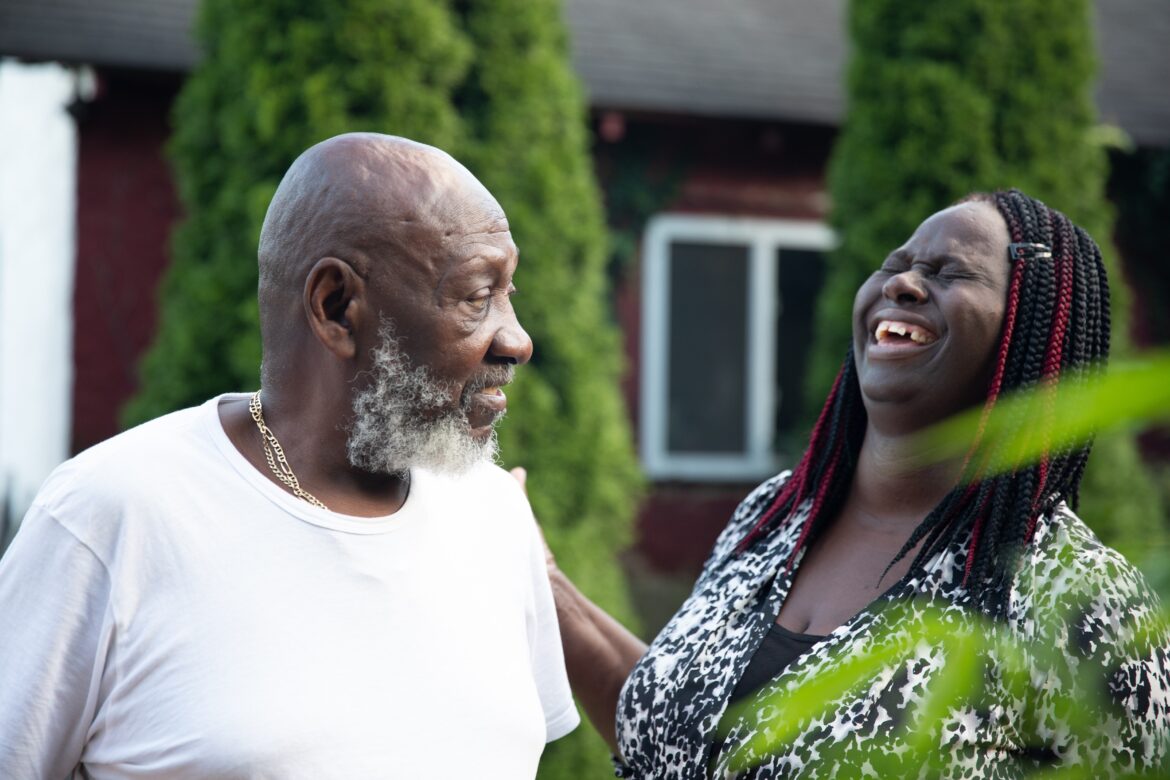“The Importance of Emotional Support for Senior Caretakers”
Understanding the Vital Role of a Senior Caretaker
The Golden Years of Compassion and Support
As individuals age, their needs often change, and navigating the intricacies of elder care becomes crucial. A senior caretaker steps into this highly responsible role, providing not just assistance with daily activities but also offering emotional support and companionship. This intrinsic support system is tailored to ensure that the golden years of one’s life are lived with dignity, comfort, and as much independence as possible.
The Essence of Senior Caregiving
A senior caretaker is more than just a job title; it’s a lifeline for many elderly adults who wish to remain in the familiarity of their own homes while receiving the necessary care. These dedicated professionals are attuned to the specific needs and preferences of seniors, providing personalized care that ranges from basic household tasks to more complex health-related services.
Physical and Emotional Well-being
One of the primary roles of a senior caretaker is to assist with daily living activities. These tasks often include bathing, dressing, and meal preparation. However, the scope of care extends to ensuring the physical safety of the senior, such as managing medications, coordinating with healthcare providers, and monitoring health changes. Additionally, the caregiver plays a critical role in the emotional well-being of their charge, offering companionship, engaging in conversations, and participating in activities that bring joy and stimulation to the senior’s life.
Adapting to Varying Needs
As each senior is unique, so too are their requirements from a caretaker. Some may need only a few hours of help per week, while others may require round-the-clock assistance. Senior caretakers must be adaptable, skilled in recognizing and responding to changes in their client’s health or abilities. They work closely with family members, doctors, and other professionals to create a comprehensive care plan that evolves as the needs of the senior change.
The Human Connection
Perhaps one of the most overlooked yet essential aspects of senior caregiving is the human connection that develops between the caretaker and the senior. A strong bond based on trust and mutual respect can significantly enhance the quality of life for an elderly individual. Caretakers often become confidants, friends, and sometimes even considered as part of the family. This relationship can be instrumental in combating feelings of isolation and loneliness that many seniors experience.
Challenges and Rewards
The path of a senior caretaker is lined with both challenges and rewards. Caregivers must possess a deep well of patience, empathy, and resilience. They often encounter difficult situations, such as dealing with the frustrations of seniors struggling with the loss of their independence or the complexities of cognitive decline like dementia or Alzheimer’s disease. Yet, the role also brings profound rewards, including the satisfaction of making a tangible difference in someone’s life and the privilege of witnessing the rich tapestry of experiences and wisdom that seniors can share.
The Professional Caretaker Landscape
The demand for senior caretakers continues to grow as the population ages. Many caregivers are part of a larger healthcare team, working for agencies or residential care facilities. Others may be independent providers or employed directly by the family. Regardless of their employment situation, professional caretakers are expected to maintain a high standard of care, often receiving training and certification to bolster their knowledge and skills in elder care.
Preparing for the Future
Families seeking a senior caretaker must take careful consideration to choose the right individual for this important role. It involves assessing the qualifications, experience, and personality of the caregiver to ensure a good match with their loved one’s needs and preferences. Open communication, clear expectations, and ongoing monitoring of the care provided are crucial components for a successful caregiving arrangement.
In Conclusion
The role of a senior caretaker is multifaceted, encompassing a wide range of responsibilities that go far beyond mere assistance. It’s about fostering an environment of care that honors the individuality of each senior, ensuring their daily needs are met, and enriching their lives with genuine human connection. As society continues to evolve, the importance of compassionate and competent senior caretakers cannot be overstated, for they hold the key to dignified and joyful aging.

